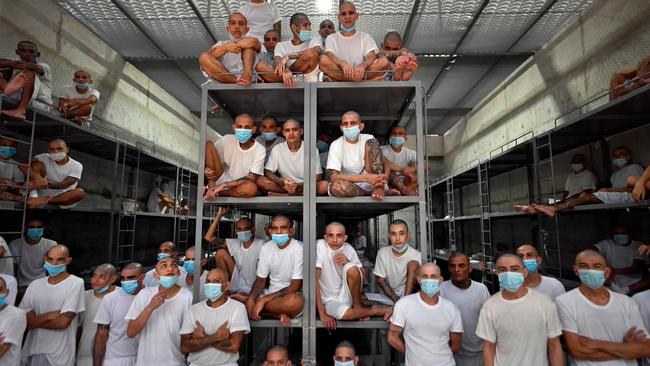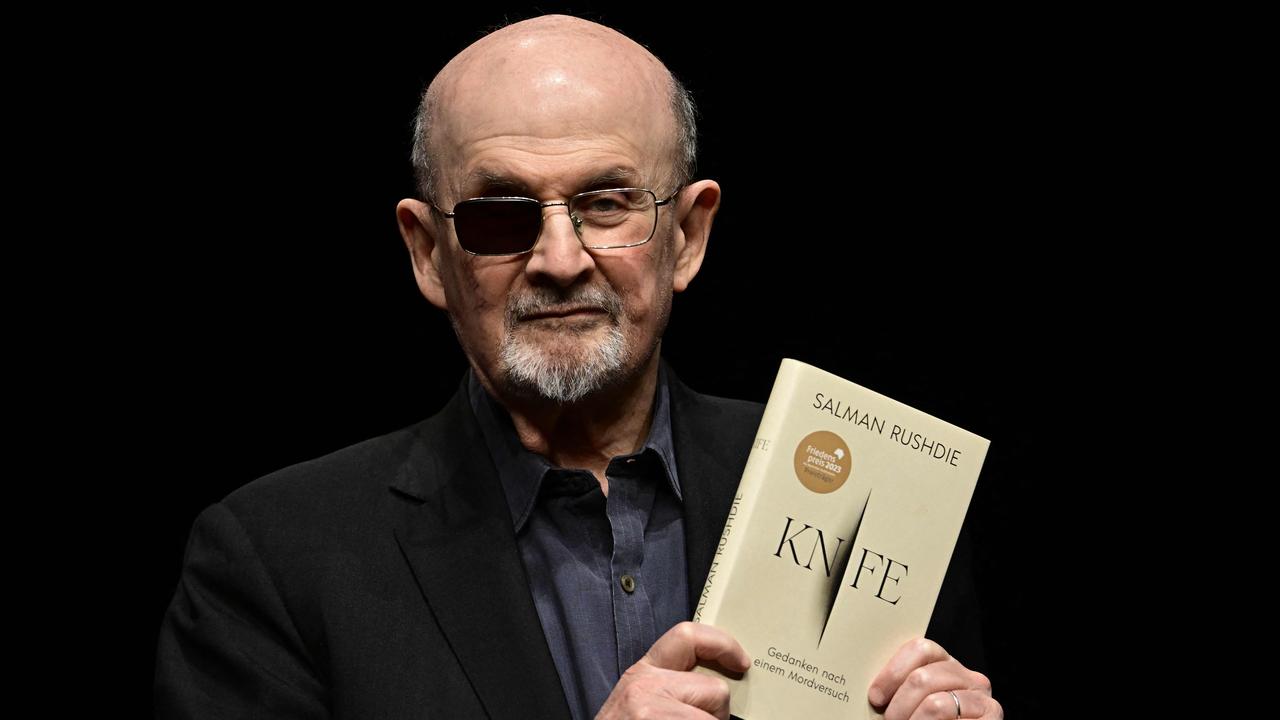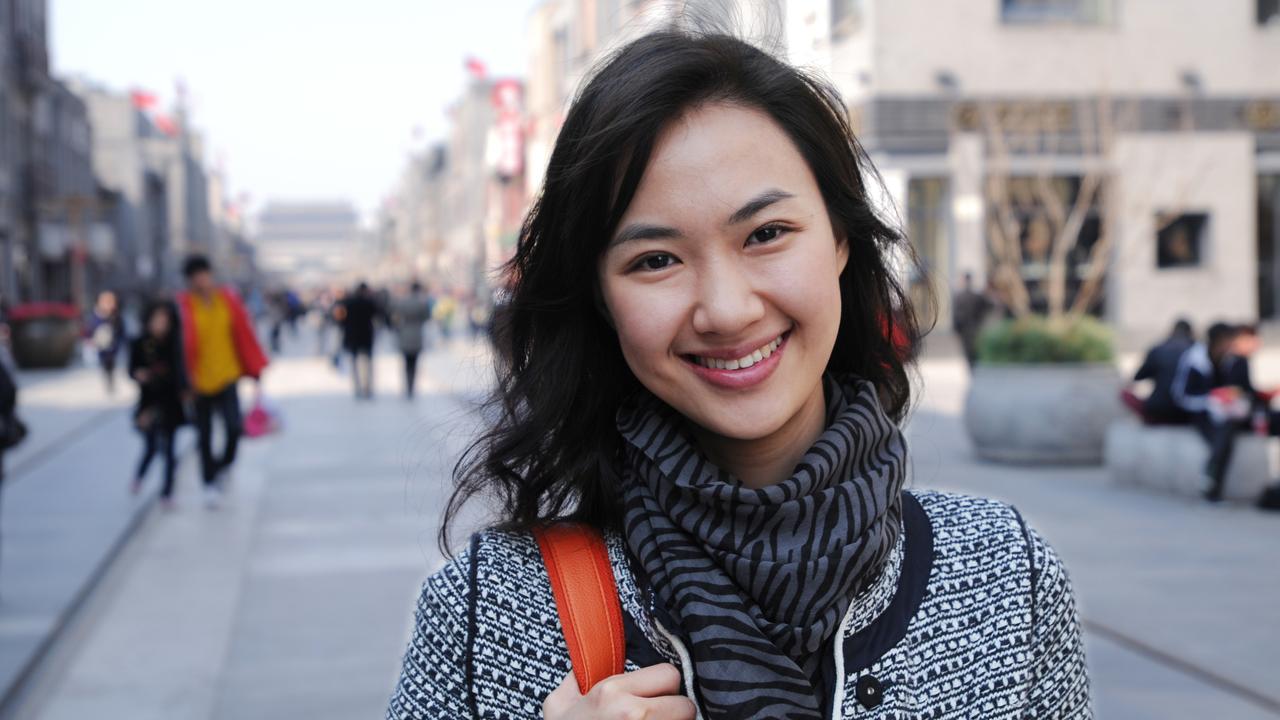Mega-prisons spread to Honduras in bid curb drug violence
The government of Honduras plans to build a 20,000-capacity ‘mega-prison’ as part of a crackdown on gang violence.

The government of Honduras plans to build a 20,000-capacity “mega-prison” as part of a crackdown on gang violence, mirroring the strategy championed by its neighbour El Salvador.
President Xiomara Castro announced the project alongside a series of measures such as increasing the military’s role in fighting organised crime and prosecuting drug traffickers as terrorists.
Security forces must “urgently intervene” in all parts of the country that are reeling from “the highest rates of gang violence, drug trafficking, money laundering” and other crimes, she said in a televised address to the nation.
The Honduran army said that plans would begin “immediately” to construct a 20,000-capacity prison in the eastern province of Olancho. At present Honduras has 19,500 inmates in prisons designed to hold 13,000.
Last year Ms Castro, a left winger who in 2022 became the nation’s first woman president, revealed plans to construct a prison colony on the Islas del Cisne archipelago, 200km off the country’s Caribbean coast – a stark U-turn for a leader who once took a more progressive stance on tackling crime.
She is now calling on the country’s congress to change the penal code to allow suspected gang leaders to be detained without charges being filed and to allow mass trials, as is the case with terrorism suspects.
Honduras has seen drug-related violence soar since 2022, although the government says that the murder rate is falling.
El Salvador has had notable success in eradicating gangs which once controlled large swathes of the country. About 70,000 people – 2 per cent of the adult population – have been jailed in the past two years, mostly on suspicion of gang membership.
Last year President Nayib Bukele inaugurated a 40,000-capacity “terrorism confinement centre”, one of the largest prisons in the world.
His policies have been criticised by human rights activists, but crime levels have dropped to their lowest levels in decades.
In February this year Mr Bukele, 42, was re-elected with 85 per cent of the vote, making him one of the most popular leaders in the world.
THE TIMES


